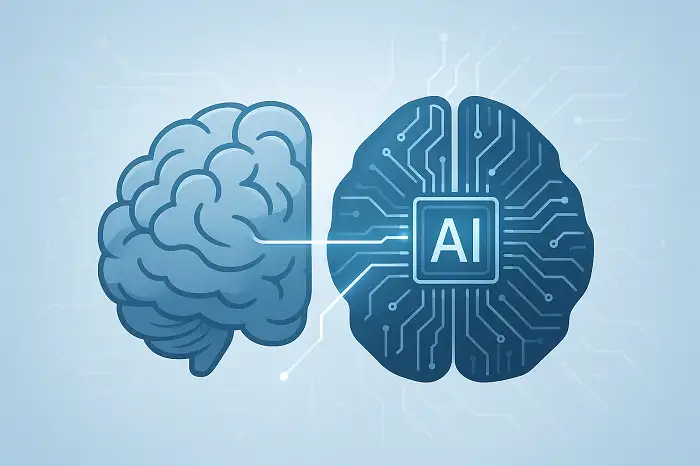Happiness IELTS Listening Reading Practice Happiness IELTS Listening Reading Practice Lecturer, author or publisher: Tal Ben-Shahar on Big Think Happiness IELTS Reading Practice https://www.youtube.com/watch?v=fLhpyzVTc8A What can people do each day to be happier? The first thing to do to become happier paradoxically is to accept painful emotions, to accept them as part and parcel of being alive, you know, there are two kinds of people who don't experience painful emotions; they are the psychopaths and the dead. It's actually a good sign which means that they're not psychopaths and they're alive, and the paradox is that when we give ourselves the permission ...
Home » Listening Practice in English » Happiness IELTS Listening Reading Practice

Happiness IELTS Listening Reading Practice
Updated: by Dr. Mohammad Hossein Hariri Asl
Time to Read: 5 minutes | 394 Views | 33 Comments on Happiness IELTS Listening Reading Practice
Share This Post
About the Author
Dr. Mohammad Hossein Hariri Asl is an English and Persian instructor, educator, researcher, inventor, published author, blogger, SEO expert, website developer, entrepreneur, and the creator of LELB Society. He's got a PhD in TEFL (Teaching English as a Foreign Language).
Number of Posts: 4242



12. What is the bright side of experiencing painful emotions?
Experiencing painful emotions can lead to personal growth, increased empathy, and a better understanding of oneself and others. It often strengthens resilience and provides valuable insights that contribute to emotional and mental maturity.
11. What does he mean by saying “email free zones”?
Thanks a lot for your concerted efforts to be flawless and comply with the rules.
10. How can we simplify our lives?
We can simplify our lives by prioritizing what’s most important, decluttering our surroundings, establishing routines, and practicing mindfulness to stay present. Focusing on essentials and minimizing distractions can lead to a more balanced and fulfilling life.
9. What habits exacerbate our sedentary lifestyle?
Habits like prolonged screen time, skipping regular exercise, and poor time management contribute to a sedentary lifestyle. Incorporating movement and physical activity into daily routines can help mitigate these effects.
How does keeping gratitude journal works?
Please put a number before your questions.
Corrections:
How does keeping a gratitude journal work?
What is the first thing to do to become happier paradoxically?
7.
This question is a repetition of question No. 1.
What is the role of physical exercise in achieving happiness?
This is Question 6.
Please, list some happiness techniques in today’s world.
Corrections:
There should exist no comma between “please” as an interjection and an imperative.
When do usually we appreciate our treasures of happiness all around us?
We often appreciate the treasures of happiness around us during moments of mindfulness, gratitude, and reflection, especially when we step back from our busy lives to recognize and savor the simple joys and meaningful connections we have.
In terms of Tim Kasser, what is the concept of time affluence?
Corrections:
In terms of Tim Kasser ➡ according to Tim Kasser
Time affluence is the thing that we prefer to chat with our friends rather than texting message or phone call.
Thank you for your correct response to this question about time affluence.
What kind of people don’t experience painful emotions?
The psychopaths and the dead.
It’s interesting and so relieving! I had barely paid enough attention to this simple point.
What is the first thing to do to become happier?
Please put a number before your questions to be able to refer to them in the class more easily.
Ok. Sure
Thank you so much! I appreciate it.
The first thing to do to become happier paradoxically is to accept painful emotions.
Precisely.